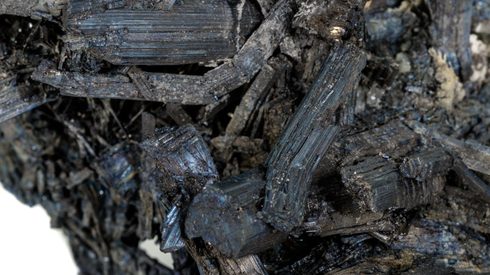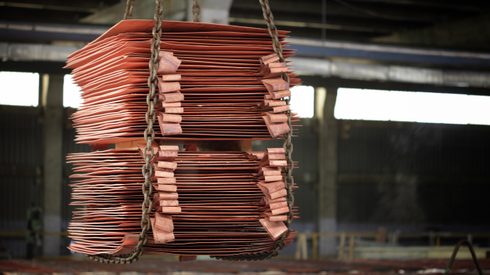Physically-backed exchange-traded funds (ETFs) in base metals will not affect prices in the medium to long term because investors will sell back to the market if tightness appears, according to research by Goldman Sachs.
The products could cause short-term changes but the impact will differ across the base metals, with aluminium, nickel and zinc looking largely immune, the investment bank said on Tuesday.
A copper ETF could, however, expedite a backwardation in the market and increase volatility, it added.
Its analysis comes as interest in physical base metal ETFs accelerates. Some see their arrival in physical base metals as just another element to be understood and factored into the market, while others are sceptical about the repercussions.
It emerged this week that JP Morgan plans a physically-backed ETF in copper.
“Physical base metal-backed ETFs continue to be a key topic of interest, as many see these products as ‘new demand’ that could change fundamentals, and therefore price […],” Goldman analysts said in a research note.
“However, we believe that any meaningful impact would not be sustained beyond the short-term as resulting market tightness would quickly generate incentives for investors to sell the metal back into the market,” they said.
For an ETF to significantly impact prices on a longer-term basis, the fund would need to “tip the balance of spare capacity and inventory availability”, and accumulated stocks would have to be removed from the market permanently, according to Goldman.
If a copper or nickel ETF were to disrupt the market it would have to be equivalent to over 50,000 tonnes of material, the bank said, a figure that equates to 13% of all London Metal Exchange-bonded copper stocks and 39% of nickel stocks.
An aluminium ETF would need well over a million tonnes, 23% of LME-listed stocks, while a zinc ETF would need more than half a million; over 82% of LME stocks.
“Looking across metals, we don’t see potential for a fundamental disruption from a physical ETF in aluminium, nickel or zinc […,],” the analysts said.
“However, a physical ETF in copper might exacerbate short-term volatility and perhaps bring forward our forecasted deficit and extremely tight, backwardated market,” they added.
The JP Morgan fund will issue 6.18 million shares, equivalent to 61,800 tonnes of copper, based on the official spot price of $8,086.75 per tonne on October 7.
ETF Securities recently announced plans to launch ETFs across all base metals.
Three-month copper settled at $8,473.5/474.5 in Tuesday’s official trading on the LME, after opening at $8,480.5 per tonne.






